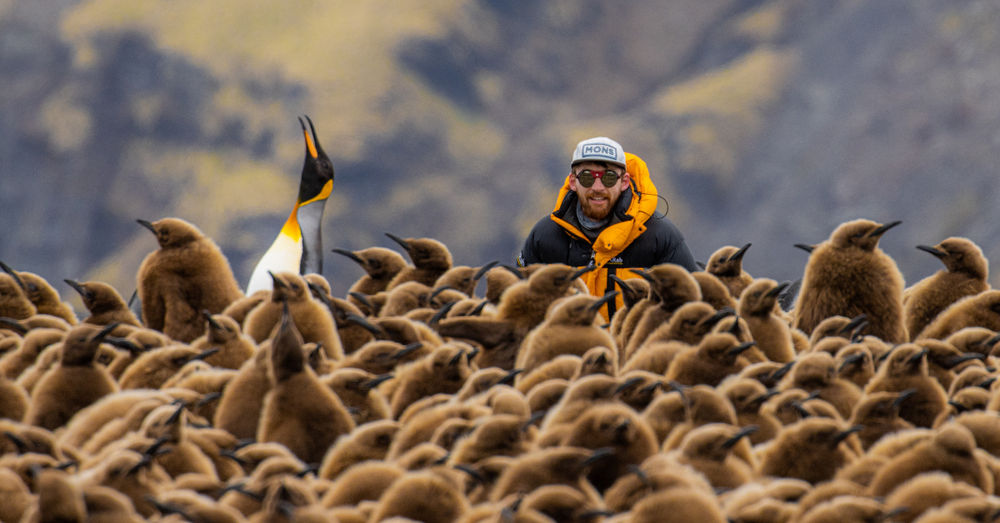A day in the life of a medic on an Antarctic base

Dr David Silley is an Intensive Care doctor and Medrecruit locum. Having just spent the last 16 months working in the icy wilderness of Antarctica, Dr David Silley's experience has been as challenging as it was rewarding. A journey that began with intrigue and ambition during his medical school years, his fascination for Antarctica was spurred by stories shared by colleagues who had worked there. "I’d always had an interest in Antarctica and going through medical school, I had come across a few people who had worked there," he reminisces.
His career trajectory thus began to align with this unique dream of practicing medicine in the remote south. Silley found his golden opportunity with the British Antarctic Survey, who he says, "kindly gave me the job of my dreams". His journey commenced with a training stint in Plymouth and then an expedition southwards to a small base on the island called South Georgia in October 2020.
"This was something I wanted to do and I spent my time developing my career with the mindset of doing it," explained Silley.
In terms of landscape, Silley's description of South Georgia paints a picture of pure enchantment, "You take the top of the Alps, you drop it into the middle of the ocean and then you fill it with the most ridiculous wildlife you’ve ever seen.” His amazement is palpable as he recounts, "Seeing mountains and glaciers jut out of the water and then seeing penguins and whales surrounding it all."
Looking for a doctor job that matches your career and lifestyle aspirations?
Search jobsLife at the base followed a typical 9-5 routine, with everyone having their own specialist role, essential for the smooth operation of the station. "You are trying to mostly keep the base running and ticking over,” he explains. Silley's role as a doctor primarily involved treating minor ailments, akin to a general practitioner's routine back home.
However, the unique nature of the job posed challenges that were both personal and professional. Dr Silley reflects, "For me, the most challenging but also the most rewarding thing was all to do with the people and being a doctor there, but also being a team member and a friend to everybody. It has its challenges especially when medical things come up and you start having to think about sending people home."
One particularly memorable incident was when he had to become his own patient after breaking his ankle. He explains, "The story which stands out to me the most is the time that I actually broke my own ankle whilst I was down there, and in that moment, you are the patient as well as the doctor, as well as teaching the team how to deal with that situation."
His tenure in Antarctica gave him not only unforgettable memories and experiences but also a profound perspective on the urgent issue of climate change. He says,
